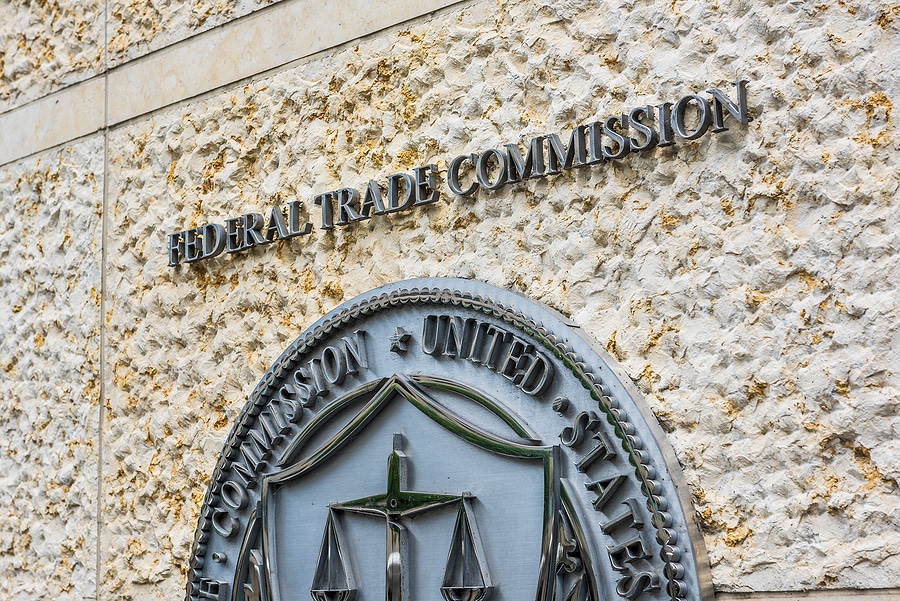
Match Group to Pay $14 Million, End Deceptive Subscription Practices in FTC Settlement
 The Federal Trade Commission has secured a $14 million settlement with Match Group, Inc. and Match Group, LLC, requiring the companies to end deceptive subscription practices across their online dating services. The stipulated order, filed August 12 in the Northern District of Texas, permanently prohibits Match from misrepresenting guarantees, using dark patterns in cancellation flows, or retaliating against users who dispute charges. Platforms covered by the order include Match.com, OkCupid, Plenty of Fish, The League, and other Match-owned services.
The Federal Trade Commission has secured a $14 million settlement with Match Group, Inc. and Match Group, LLC, requiring the companies to end deceptive subscription practices across their online dating services. The stipulated order, filed August 12 in the Northern District of Texas, permanently prohibits Match from misrepresenting guarantees, using dark patterns in cancellation flows, or retaliating against users who dispute charges. Platforms covered by the order include Match.com, OkCupid, Plenty of Fish, The League, and other Match-owned services.
The Case
The FTC first filed suit against Match in 2019, alleging the company lured consumers with fraudulent notifications, misrepresented its “six-month guarantee,” made cancellation unnecessarily confusing, and cut off access to services when customers lost billing disputes.
According to the complaint, between 2013 and 2018 Match used messages from accounts it had flagged as fraudulent to entice non-subscribers to upgrade. The FTC also charged that Match’s guarantee was riddled with hidden conditions—such as uploading an approved profile photo within seven days, contacting five unique members each month, and redeeming the offer in the final week of the term—requirements rarely disclosed clearly to consumers.
Cancellation was another focal point. An internal Match presentation described the process as “hard to find, tedious, and confusing,” and many consumers reported being billed even after believing they had canceled. The FTC further alleged that Match unfairly revoked access to paid accounts for users who lost chargeback disputes, even when subscription time remained.
Settlement Terms
Under the August 2025 stipulated order, Match must:
-
Pay $14 million to fund consumer redress.
-
End deceptive guarantees by clearly disclosing all restrictions on free extensions.
-
Provide simple cancellation tools for negative option subscriptions.
-
Stop retaliating against chargeback filers by ensuring access to paid services is not unfairly revoked.
-
Submit compliance reports and retain records for 10 years to ensure adherence.
INSIDER TAKE
For subscription executives, the Match Group settlement is another high-profile reminder that regulators are scrutinizing “dark patterns” across industries.
-
Opaque guarantees will not pass muster: restrictions must be disclosed upfront and in plain language.
-
Cancellation must be frictionless: multi-click, confusing flows are clear enforcement targets under ROSCA and state laws.
-
Billing disputes require fairness: retaliation, even against losing chargeback filers, is off-limits.
This case reinforces the FTC’s broader crackdown on manipulative subscription design. Companies should audit their subscriber flows for hidden conditions, cumbersome cancellations, and post-chargeback account closures before they trigger costly enforcement.





